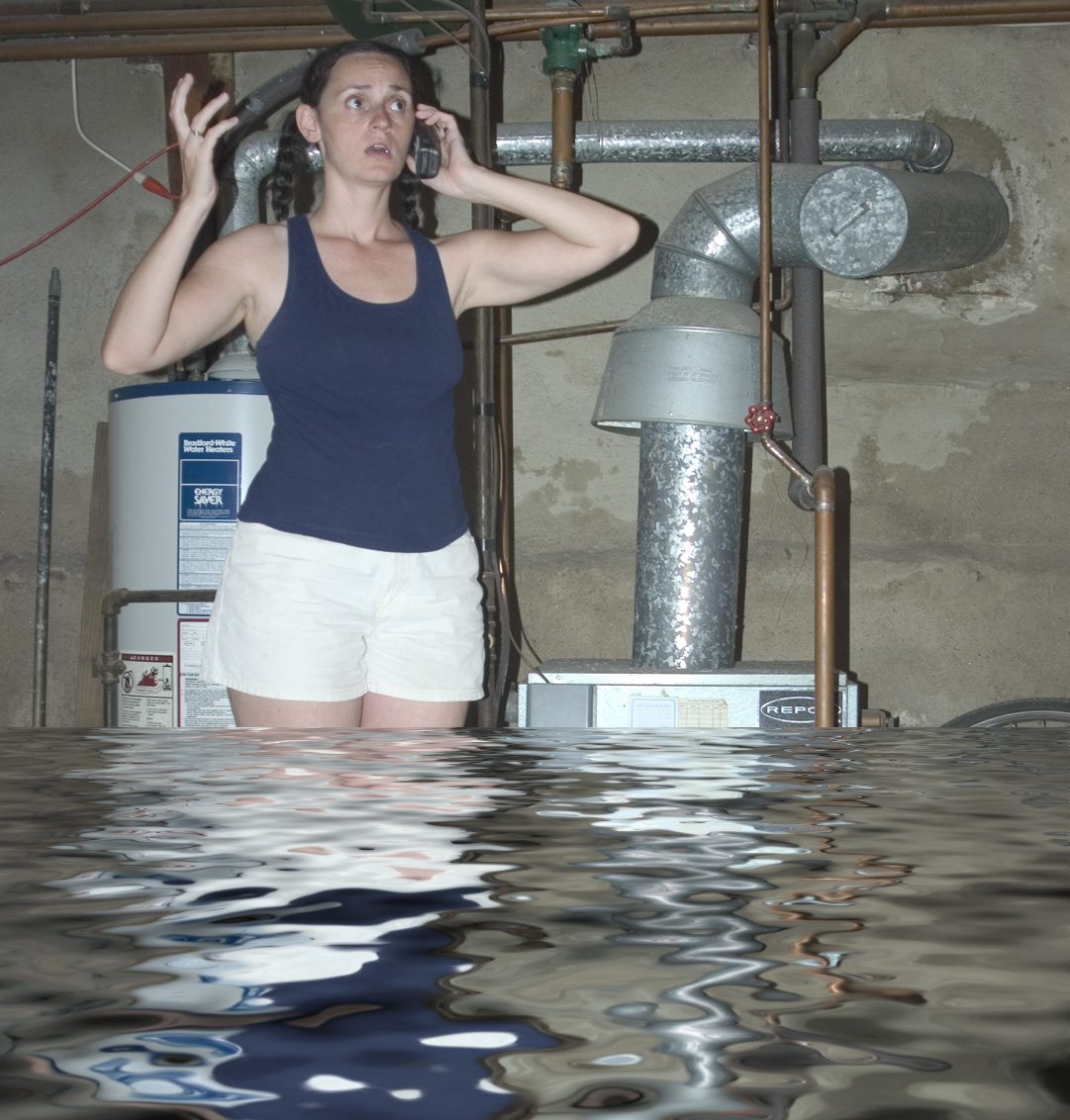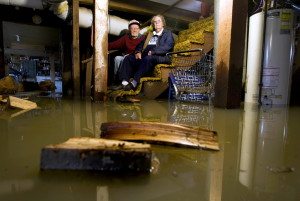What’s happening this morning ?
Central bankers around the world are searching for ways to halt borrowing binges before they morph into bubbles, and to push lenders to shore up their defenses before the next crisis arrives.
Wiseman says: “When there is massive borrowing, there will be bubble. There is no defense against such crisis per se. Bankers are no Saints and economists are no God. You may manipulate the economy to either land a little softer (this comes with a price of course – there is no free lunch), or leave it to a naturally hard landing. Else, just delay it – chances are you’d accumulate even more debts, creating a even bigger bubble just like what is happening in Canada right now.
And if you’re hoping our neighbors, particularly United States, will do very well in the immediate future and help to pull us out of the woods … Too bad, didn’t you just read “Central bankers around the world are searching for ways to halt borrowing binges” ? They have manipulated the economy so much so that it would be a surprise to me if they can even stand up steadily on their own two feet without any clutches …”
Moral of the story is DON’T PLAY GOD.
And here comes another Mess – Thousands of people in Toronto were still without power and the morning commute was expected to be a tricky one after a sudden downpour Monday evening that flooded some of the city’s roadways and transit systems.
In case your million dollar shack is flooded, try this advice …
What To Do If Your Basement is Flooded

We’re watching the flooding from the storm in Toronto from the comfort of our (dry) living room. Our recent basement water-proofing seems to be holding up, but we can’t help but think of all our clients and readers out there. Are you dry? Is your basement flooded?
What to Do If Your Basement Is Flooded
1. Above all else, stay safe. There are reports of sewage back-ups, and you don’t want to be wading in raw sewage, let alone the dangers presented by electrical or gas problems. If you’re in trouble, call 911.
2. Call your insurance company. Take photos, keep receipts and hope that you have sewer back-up or flood coverage. Your insurance company should be able to recommend who you should call.
3. If water is backing up from the basement drains, don’t flush your toilet or run any water, the dishwasher or washing machine. That’ll only make matters worse.
4. Move electronic equipment or anything valuable to higher levels, including documents.
5. Keep your kids and pets out of the basement. I hope you didn’t actually need this tip and everyone is already in a safe and dry room.
6. If you need to call in the flood relief professionals, consider calling New Canadians Plumbing. They have 24 hour emergency service and they are all sorts of awesome in an emergency. If you have any recommendations for professional help in dealing with your flooded basement, please leave them in the comments below.
Update: while we were writing this blog, the one part of our basement that we didn’t waterproof flooded. Ironic.
Tips for Cleaning Your Flooded Basement
… from the City of Toronto website:
- Consider hiring a professional cleaning company familiar with cleaning sewage-contaminated basements.
- Keep children and pets out of the affected area until cleanup has been completed.
- Dress appropriately – wear overalls, gloves, protective eyeglasses, rubber boots and a mask.
- Open windows to let fresh air in.
- Stay away from electrical equipment. Have a qualified electrician assess the situation, if uncertain of potential electrical hazards.
- If you can, shut off the electrical power. (Note: remember this would affect the operation of a sump pump or sewage ejector).
- Water could extinguish a pilot light on a gas appliance. If you detect gas, leave the house immediately and contact the gas company.
- Minor debris can be put out for regular garbage pick-up (See your Garbage and Recycling Collection Calendar for information).
- Discard all contaminated items that cannot be washed and disinfected, (such as, mattresses, carpeting, carpet padding, rugs, upholstered furniture, cosmetics, plush toys, baby toys, pillows, foam-rubber items, books, wall coverings, and most paper products).
- Wash all surfaces with hot water and liquid detergent, rinse and thoroughly dry and ventilate the area. Use de-humidifier and fans if necessary.
- Sanitize walls and floors using a solution of household bleach (mix 1 cup bleach with 5 gallons of water). Never mix bleach with ammonia or other cleaning products. For more details, visit the Centre for Disease Control and Prevention’s website
- Remove and discard drywall and insulation that has been contaminated with sewage or flood waters.
- Wash all clothes worn during the cleanup in hot water (check manufacturer’s washing instructions) and detergent. These clothes should be washed separately from uncontaminated clothes and linens.
- Throw out canned foods, home-prepared food in jars, meats and dairy products and any packaged foods that may have been affected by the flood waters – check for damaged packaging, leaks, and corrosion at seams and joints of cans.
- If your freezer’s power is off, move the frozen food to another freezer or throw it out if you can’t keep it frozen.
- If in doubt, throw it out. Do not consume potentially contaminated food. For more information contact Toronto Public Health by calling 311 or visit Toronto Public Health.
